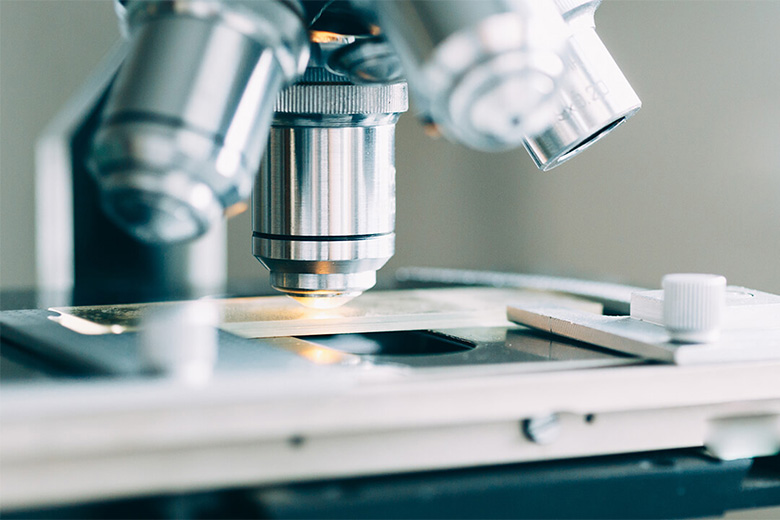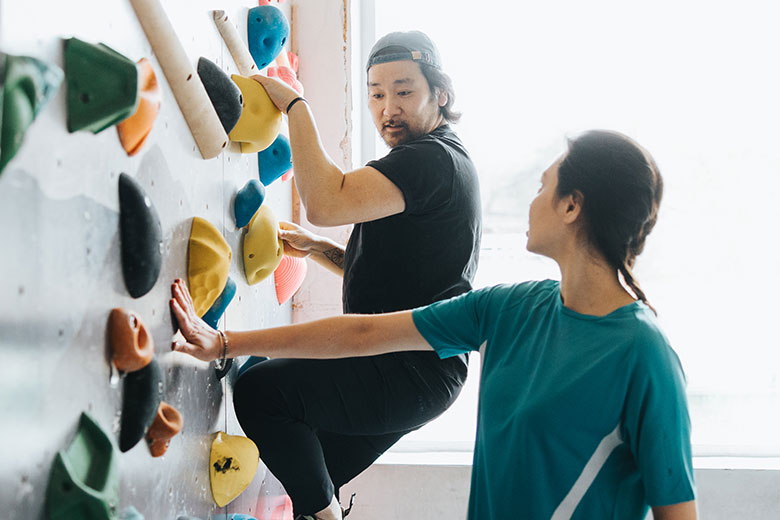Clinical Trials at BIDMC
Review our current research studies.
The Center for Advanced Orthopaedic Studies (CAOS) and the Musculoskelatal Translational Innovation Initiative (MTII) at Beth Israel Deaconess Medical Center consist of six full-time principal investigators and additional clinician scientists who collaborate with laboratory-based investigators. Collectively, the two research arms of the department accommodate approximately 50 researchers, including post-doctoral and research fellows, undergraduate and graduate students.


The Carl J. Shapiro Department of Orthopaedics provides advanced orthopedic care, medical education and innovative research.

Our team is committed to training the next generation of orthopedic specialists through fellowship, residency and internship programs.

BIDMC offers a full range of orthopedic care, including pain management and rehabilitation, to manage all types of conditions.